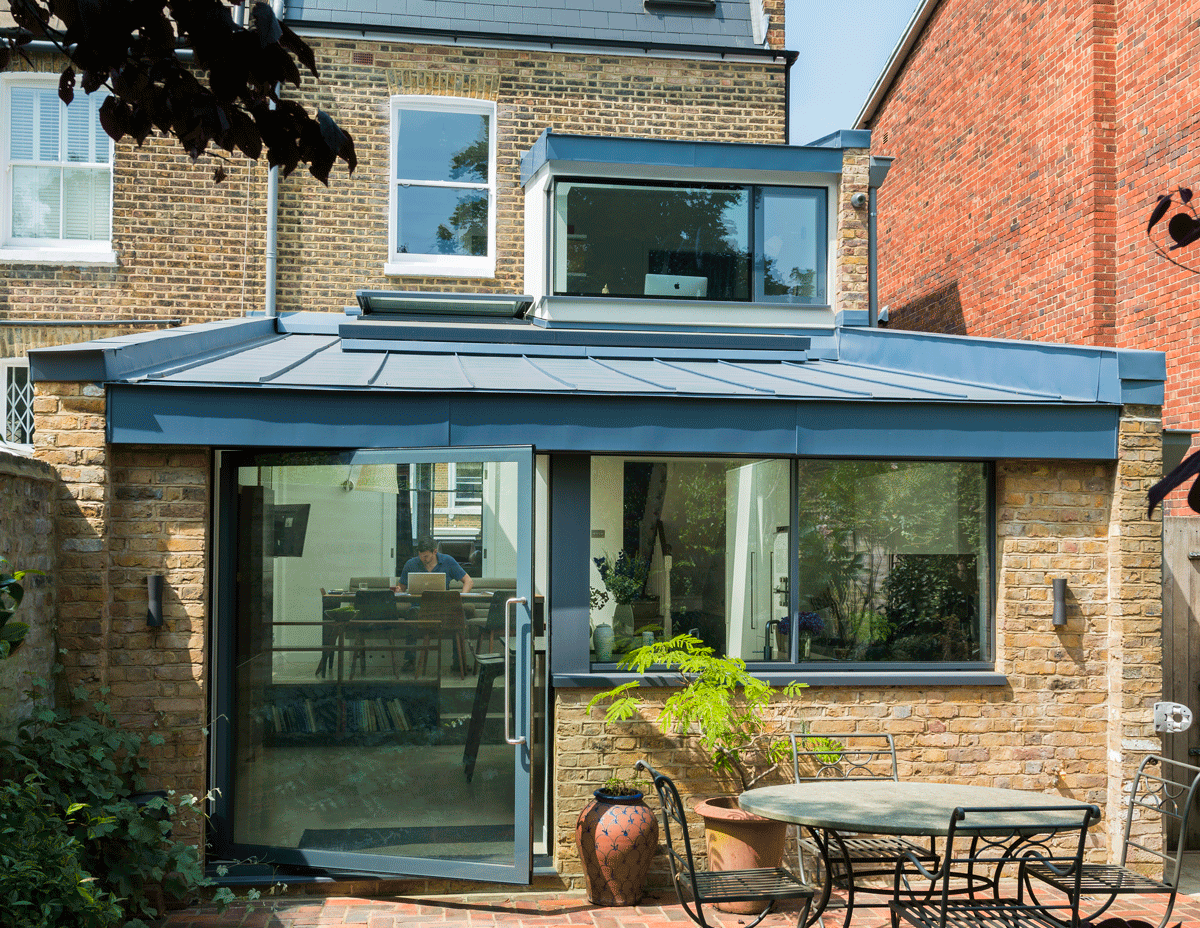 Add My Company
Add My Company
Is Solar Control Glass Worth It?
29-09-2023

As summer temperatures soar, keeping our indoor spaces cool and comfortable becomes a top priority! In the UK, the sun can transform our spaces into stifling ovens, leaving us to melt in our insulated, built-for-the-cold homes.
But what if there was a smarter, more sustainable solution to combat the summer heat?
Our rooflights offer Solar control glass for an innovative way to regulate heat gain from sunlight while maintaining a pleasant indoor environment. It acts as a shield, selectively filtering out the sun’s harmful rays and reducing the need for excessive air conditioning.
Why should we pay attention to solar control glass? The answer lies in the perfect balance it strikes between harnessing natural light and minimising heat gain. By employing advanced technologies and clever design features, solar control glass allows us to enjoy bright and sunlit spaces without the uncomfortable heat that often accompanies it.
Here are 4 key benefits to solar control glass:
1.Indoor Comfort:
Elevate your summer experience with rooflights featuring solar control glass, designed to create a refreshing oasis indoors. By significantly limiting heat penetration, solar control glass mitigates the impact of scorching sun rays, ensuring a cool and pleasant ambiance beneath your rooflights. Bid farewell to uncomfortable temperatures and embrace a serene environment that fosters productivity, relaxation, and overall well-being!
2. Enhanced Energy Efficiency and Cost Savings:
No one likes to sit inside a greenhouse! With rooflights boasting solar control glass, energy efficiency reaches new heights. By curtailing excessive heat gain, this advanced coating lightens the load on the possible need for air conditioning systems, resulting in substantial energy savings. Unleash the full potential of your rooflights by harnessing the power of solar control glass, enabling you to enjoy a cool and energy-efficient summer while reducing both your environmental impact and utility expenses.
3. UV Ray Protection:
Shield yourself and your interiors from the detrimental effects of UV radiation with rooflight solar control glass. This specialised coating acts as a robust barrier, significantly reducing the transmission of harmful ultraviolet rays. Safeguard your furnishings, artworks, and flooring from fading or discoloration caused by prolonged UV exposure, ensuring their longevity while maintaining a safer and UV-resistant indoor environment.
4. Minimised Glare for Optimal Visual Comfort:
Excessive glare can be a hindrance, particularly during the sun-drenched summer months. Rooflight solar control glass combats this issue by selectively filtering intense sunlight, providing a more visually comfortable experience. Whether you’re working on a computer, watching TV, or simply unwinding with a book, rooflights with solar control glass enable you to enjoy optimal visibility while minimising disruptive glare.
Check out some case studies (These ones include solar glass!):
- Fixed Rooflights Used In Passive House Inspired Family Home.
- Bespoke Rooflight Provides Daylight And Ventilation To This Beautifully Renovated London Home!
- Staggering 70’S Style Home Reinvigorates The Past Using Glazing Vision’s Very Own Flushglaze, Pitchglaze And Wall Abutted Rooflights.
Here is the more technical side to our rooflights…!
We apply a standard low emissivity (low-e) coating to all our glass, resulting in low emissions. This coating helps regulate the amount of heat that can enter or exit the building through the rooflight. Depending on our clients’ requirements, we offer a range of options from LT40 to LT70. The LT70 designation signifies 70% opacity of the low-e coating.
When it comes to measuring the infrared radiation (solar heat) allowed into a building, we use the g-value. The g-value ranges from 0 to 1, with 0 representing no solar heat gain and 1 representing the maximum possible solar heat gain. It is calculated by dividing the total solar heat gain by the incident solar radiation received on the surface during a given time. A lower g-value means a lower percentage of solar radiation is allowed through the glass. The g-value can be quoted for the glass alone or for a complete glazed unit. In North America, solar heat gain coefficients (SHGC) are used as the equivalent to g-values. Although they are similar, they should not be directly compared due to differences in how air mass is treated.
Both g-values and SHGC represent a departure from shading coefficients, which measure solar heat gain relative to a standardised sheet of clear float glass. When it comes to large areas of glazing, additional considerations for solar control are necessary to manage internal temperatures. While architecturally impressive, large expanses of glazing require more attention from manufacturers in terms of production and supply. Conversely, smaller, well-placed areas of glazing can provide sufficient illumination and aid temperature control throughout the day.
It’s important to consider not only the solar heat passing through the glass but also the effect of solar absorption. Differential thermal stress caused by uneven heating can lead to cracking. Solar control glass naturally absorbs more heat than other types of glass. During spring and autumn, the lower position of the sun concentrates more solar energy on the glass panes, while the edges cool more quickly due to greater temperature differences between day and night. This creates temperature differentials across the pane. Using toughened or heat-strengthened glass mitigates this issue, as it avoids thermal stress concerns. Most glass manufacturers offer a thermal stress analysis form that can assist in assessing the risk.
By understanding these factors and utilising solar control glass effectively, we can optimise energy efficiency, regulate temperatures, and create comfortable and safe environments for buildings of various sizes and architectural designs!
To learn more about our sustainability efforts or how you can make your project more energy efficient please get in touch, we’re happy to help.
For more information on Is Solar Control Glass Worth It? talk to Glazing Vision Ltd

